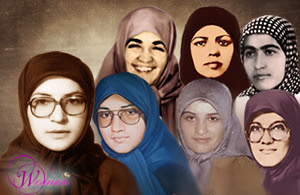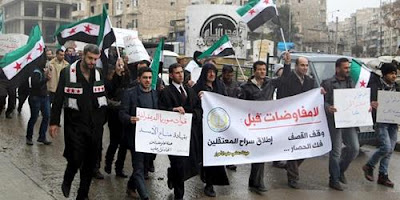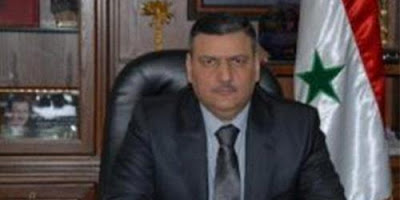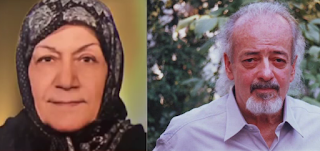 |
| Ken Blackwell |
By
Ken Blackwell | Dec 25, 2015
"This is my commandment, that you love one another, just as I have
loved you.” (John 15:12-13)
These
words of Jesus represent the true essence of Christmas and this special season.
This
is the time of year to wish for God’s blessing in the upcoming year. But it is
also a time to reflect upon what happened during the year that is about to end.
The
world news this year has unfortunately been filled with horror, and the last
months of the year brought that horror disturbingly close to home. The carnage
in San Bernardino showed that the threat of Islamic extremism recognizes no
boundaries and that the sense of security President Obama expressed earlier in
2015 was ill-advised.
And
as we usher in 2016, which is an election year, one of the main issues of the day
has again become terrorism and how to handle it, especially in the form of the
Islamic State and Islamic extremism as a whole.
This
phenomenon is a danger not only to our national security but also to the
cherished values of civilized society. It has targeted the very concepts of
cultural and ideological tolerance and has tried to undermine friendship and
coexistence between Muslims and Christians which are part of the fabric of our
society in the modern era.
In
fighting Islamic extremism, a strategy is needed. It includes decisive
military, intelligence, and law enforcement measures; but that is not enough.
Part of a coherent strategy is identifying our allies in this battle and
reaching out to them. And the best such allies are moderate Muslim leaders who
are willing to stand up to Islamic extremists in word and deed, especially
those who possess legitimacy among the same people who are living under the
thumb of extremist groups.
A
prime example of such a leader is Maryam Rajavi. As the head of the Iranian
opposition, she is leading the charge to overturn the rule of the ayatollahs
that effectively brought political Islam into the modern world and turned
extremist ideology into a global force. It was after the revolution of 1979 in
Iran that high-profile hostage-takings became a means of governance and
bombings, suicide attacks, and assassinations became the modus operandi for a
theocratic state.
As a
practicing Muslim, she has been fiercely pushing back against the ayatollahs’
extremism for decades. A true believer in a democratic, moderate, tolerant
interpretation of Islam, Rajavi believes anything that promotes terrorism or
dictatorship is counter to the teachings of Islam, as is anything that violates
people’s freedoms or denies equality to women.
By
embodying this modern, tolerant Muslim faith, Mrs. Rajavi has helped to
demonstrate the error of attributing this year’s barbaric crimes to Islam
itself. And by advocating on behalf of that faith, she urged other Muslims to
avoid remaining on the fence during the conflict that will likely define the
year 2016. She had emphasized that Muslims who believe in democracy are the
most effective force that could fight and defeat this global danger.
Mrs.
Rajavi certainly understands and accepts the sacrifice that is involved in
taking part in this fight. The Iranian regime executed some 120,000 members of
the People’s Mojahedin Organization of Iran (MEK), the main Iranian opposition
movement and the primary component of the coalition that she leads. One of her own
sisters was executed by the ayatollahs and another by the regime of the Shah.
Yet
she and her movement have not wavered.
In
her message on the occasion of Christmas and the New Year, Mrs. Rajavi wished
“that 2016 would be a year of unity and victory over Islamic extremism and
especially the religious fascism ruling Iran and its evil allies in the Middle
East who sow the seeds of enmity in the world.”
Her
message is made timelier by the fact that this year Christmas coincides with
the celebration of the birth of Mohammad in the Muslim world.
Mrs.
Rajavi used her Christmas message to underscore her view on the need for unity
in the fight against Islamic terrorism: "Muslims and Christians can rely
on their common values to stand up to those who pervert their religions. So, in
contrast to what the extremists want, we should make our hope and faith in
humanity deeper than ever.”
We
can all share with her hope for a swift end to extremism, for the freedom of
various peoples from the dictatorships of Bashar Assad, Ali Khamenei, and ISIS
(ISIL) terrorists, and for an end to persecution of Christians throughout the
Middle East and Christian converts in Iran from the oppression of the ruling
mullahs.
Because
her hopes for the coming year are the same as the hopes that are traditionally
cherished in the West, she should be listened to this Christmas.
Amb.
Ken Blackwell is a former Cincinnati mayor and U.S. ambassador to the UN human
rights commission.













